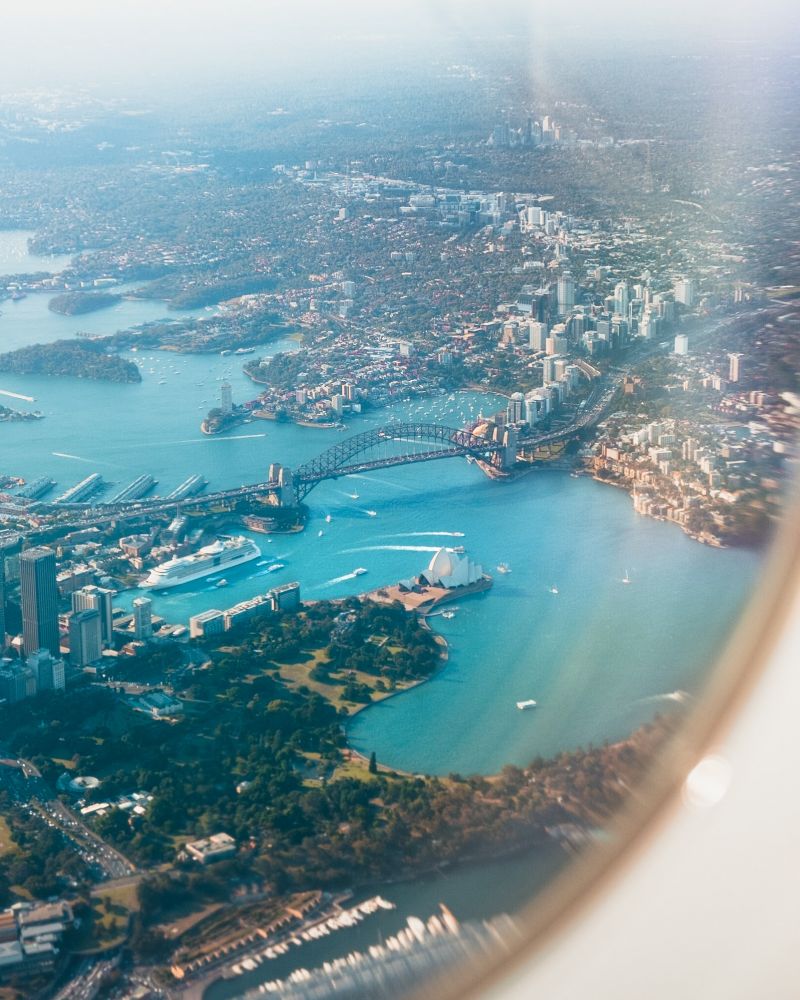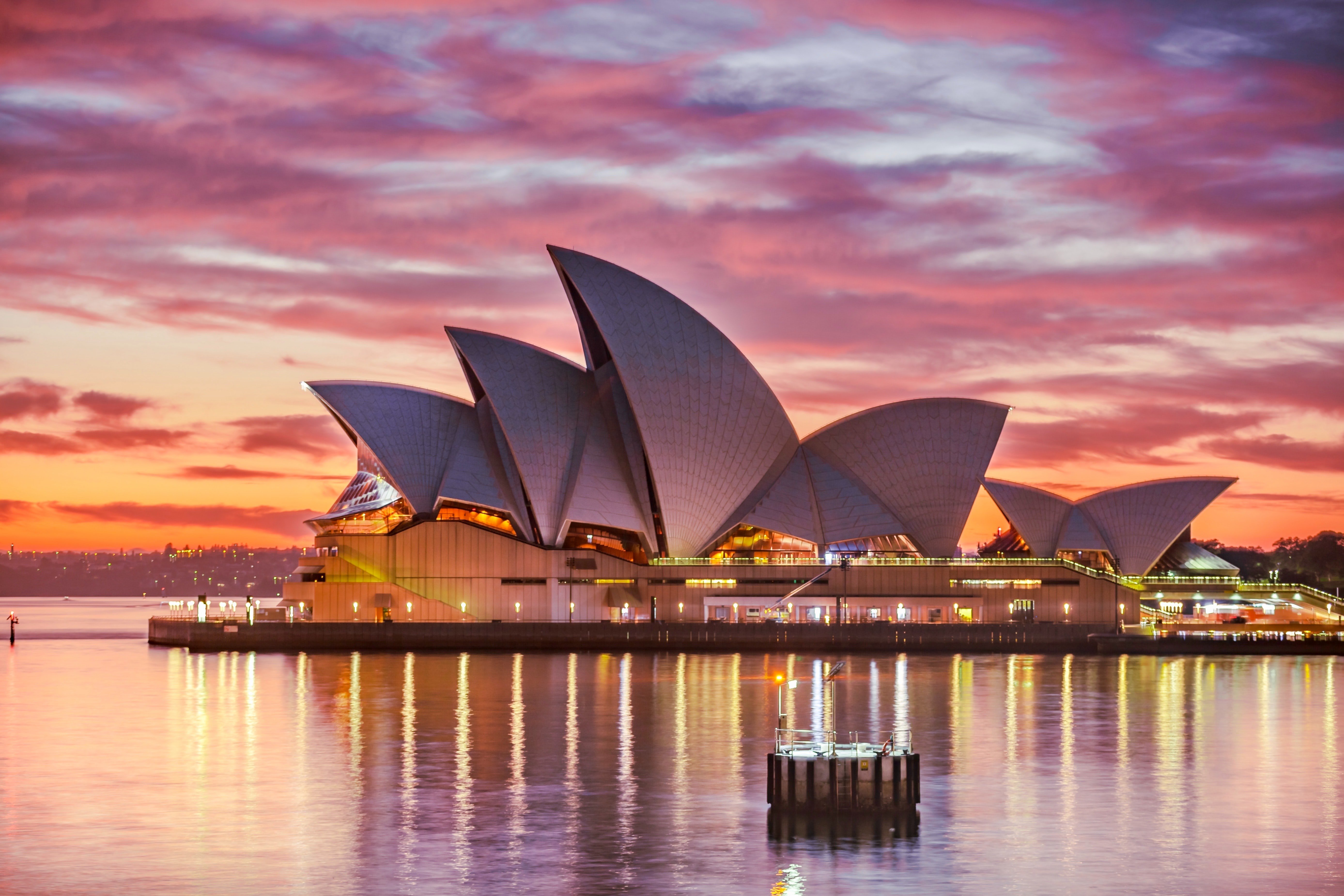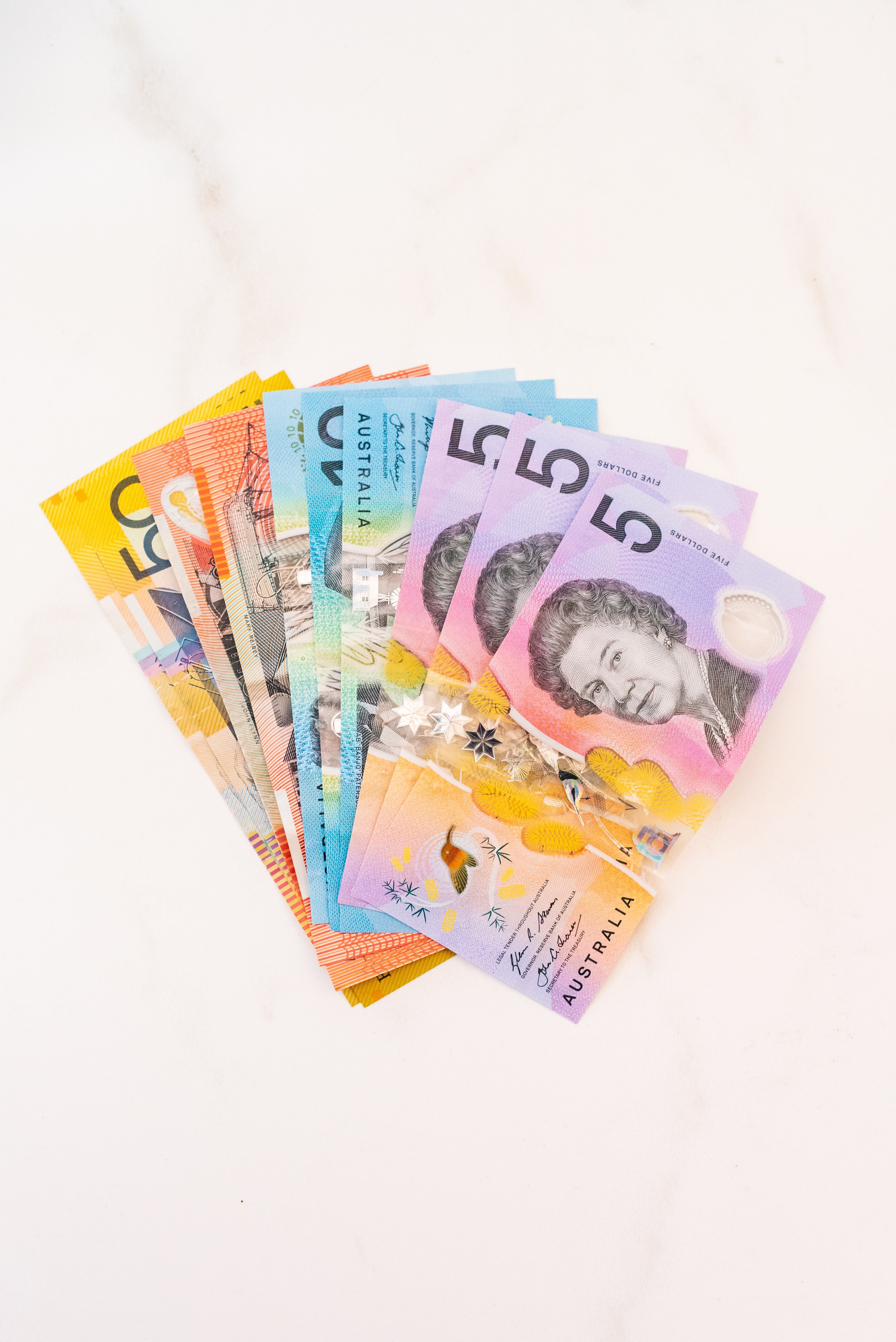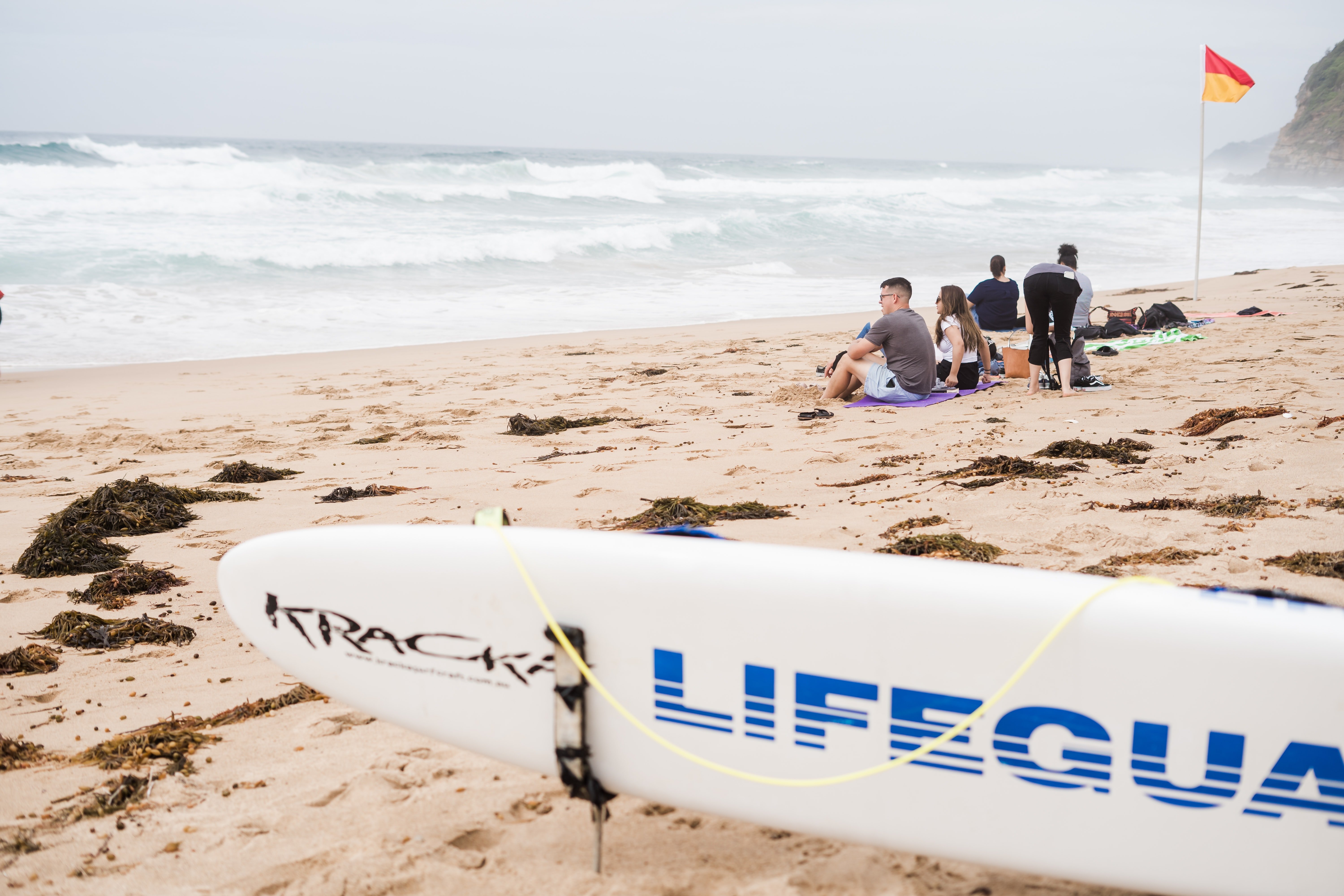
Planning a trip to Australia takes careful consideration. Deciding whether to head to the east or west coast first, which major city to fly into and planning an itinerary that makes the most of our vast landscapes and enormous country can be overwhelming. With plenty to figure out before you leave, it can be easy to overlook the simple things you need to know before you arrive here. To help out our incoming overseas travellers, we've put together some basic information to note ahead of your Australian adventure.

Emergency services in Australia
While we hope you won't have to use this on your holiday here, 000 is the phone number for all emergency services in Australia. The operator can connect you to the police, ambulance and fire brigade. Remember you should only call 000 in an emergency situation!
Exchanging money
Currency exchange is available at banks, hotels and international airports. Australian banks offer the same range of services typical in other western nations and cash withdrawal machines or Automated Teller Machines (ATMs) are widespread in most areas, though may be limited in remote towns and the outback. It's important to note some ATM machines also charge you for withdrawing money, so try and use a CommonwealthBank ATM machine where you can - they do not charge any additional fees on top of whatever your normal bank conversion rate it. These are usually yellow, and with the ComBank app, you can locate the closest one to you in a matter of seconds. EFTPOS is also widely available in most Australian shops. Fees may be charged on transactions, particularly if withdrawing from an international account. The easiest way to get cash away from home is an ATM with an international network such as Cirrus (Mastercard) or PLUS (Visa).
RELATED: BACKPACKER'S GUIDE: HOW TO MOVE TO AUSTRALIA
Credit Cards & Travellers Cheques
Credit cards such as American Express, Bankcard, Diners Club, MasterCard, Visa, UnionPay and JCB are accepted in Australia. VISA or MasterCard can be used anywhere credit cards are accepted. American Express and Diners Club are accepted at major supermarket and department store chains and many tourist destinations. A good tip is to carry multiple credit cards and a little cash. Merchants may impose credit card surcharges in some places. Traveller's cheques are not widely accepted in Australia.

Public Holiday/Sunday surcharges
If you're travelling during a public holiday, don't be surprised if a surcharge is added to your bill. Often, cafes, restaurants and bars impose a 10-20% surcharge on public holidays, and occasionally even on Sundays in order to pay their employees higher pay rates.
Languages
Australia's official language is English. However, Australia is a multicultural nation with a significant migrant population, so it's common to hear a diverse range of languages in Australia's cities and towns.
RELATED: BACKPACKER'S GUIDE TO AUSSIE SLANG
Legal drinking age in Australia
The legal drinking age in all states and territories of Australia is 18 years old. You will need to provide proof of age, either with a driver's license or passport, when purchasing alcohol or gaining entry into a nightclub or bar.
Beach safety
Australia is famous for its incredibly beautiful beaches, particularly those on the east coast. But there's important information you need to know before you enter the water! Australia's popular beaches are usually patrolled by volunteer lifesavers from October to April and red and yellow flags mark the safest area for swimming only - sorry surfers! For the surfers, stick in between the yellow and red and black and white flags. Take note of the beach report that is usually on the foreshore between the swimming flags. This will inform swimmers of the current conditions and what they need to be aware of before they head into the water. For information about marine stingers and crocodile safety in Far North Queensland, visit the Queensland Government website. Australia is not called the sunburnt country for no reason. It is the melanoma capital of the world and while it is good to get a tan on your holidays, be cautious of the Australian sun! Use at least SPF 30+ whenever you are exposed to the sun and invest in a good hat and sunglasses, you'll need them!

RELATED: TIPPING IN AUSTRALIA: A COMPLETE GUIDE
Medical
The Australian Government has a Reciprocal Health Care Agreement with the United Kingdom, the Republic of Ireland, New Zealand, Sweden, the Netherlands, Finland, Belgium, Norway, Slovenia, Malta and Italy. These agreements entitle you to some subsidised health services for essential medical treatment while visiting Australia. Those from the United States and Canada are not covered by Australia's national health insurance scheme. Over-the-counter medications are widely available at privately owned chemists throughout Australia. These include painkillers, antihistamines for allergies, and skin-care products. You will need a doctor's prescription for the oral contraceptive pill, most medications for asthma and all antibiotics. If the doctor provides you with a prescription (commonly known as a script), you will then need to purchase the medication from a chemist, not the doctor. If you are on a visa that entitles you to a Medicare card, you can visit bulk billing doctors free of charge. If you need a doctor urgently outside of GP hours, call 13SICK, the National home doctor service.
Electrical plugs
You may need an adapter to plug your appliances into the power sockets in Aus. The adapter required for Australia is Type 1 Australia plug. The plugs in Australia have two flat metal pins, forming an inverted 'V' shape, and occasionally a third pin in the centre. The electrical current in Australia is 220 - 240 volts, AC 50Hz.
Finding a job in Australia
For those with working holiday visas, jobs in Australia can be found in many industries, from agriculture to mining to tourism. There are a number of ways to search for work, including online job boards, Facebook groups and recruitment agencies. Once you have found a job that interests you, it is important to research the employer and the role before applying. We recommend checking out Jobs Backpacker for loads of casual job vacancies.
Need more info? Our team of travelling experts have done it all before and are happy to help when it comes to planning your Australian adventure.
Related Articles